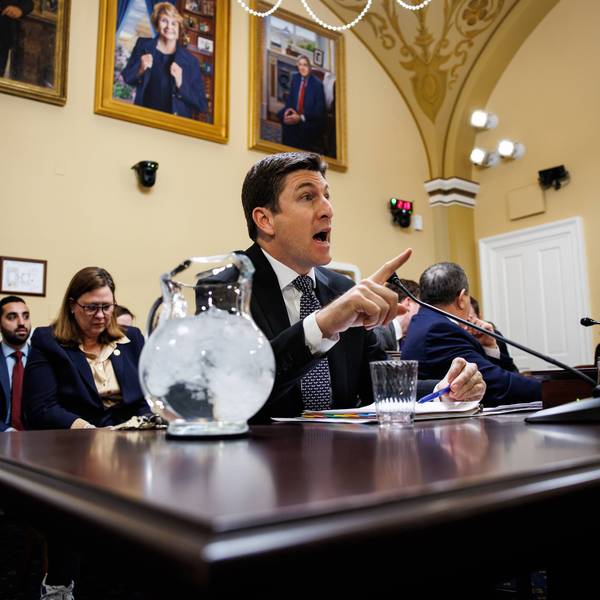In an era of increasing dissatisfaction with and disengagement from governments, political parties, and much of the rest of the democratic establishment, it's more important than ever that you show up and vote.
Suffrage is not a right afforded to everyone. Rather, voting is a privilege in the United States - and a hard-earned privilege at that.
At the beginning of the republic, only those white men with land were allowed a hand in electing our leaders and lawmakers. Later, under President Andrew Jackson, that decision-making power was extended to most white men. After a lengthy civil war - shedding a staggering amount of blood and treasure - successive amendments to the US constitution granting broader voting rights followed. Women, at this time, were entirely disregarded - until the 19th amendment passed in 1920.
Although some people of color were allowed to vote, many still faced disenfranchisement prior to the Voting Rights Act of 1965. With the recent gutting of that act by the supreme court, the systematic disenfranchisement of people of color is alive and well today.
Progress on suffrage has always tended to be incremental. And, far from being a closed chapter in our history, the fight to keep things moving forward continues to this day.
For every thousand people living in the US, seven are incarcerated. That population consists disproportionately of black and brown people, whether accused and convicted of crimes or held by immigration authorities.
Even when the incarcerated leave prison, they often return to our communities without the ability to vote. That means the people most affected by our political institutions and processes today often have absolutely have no say in how they are run. This group includes me. In Maryland, my state of residence, for instance, I will not be able vote until the year 2045.
Disenfranchisement and legal exclusion - whether by race, gender, class, immigration status, or otherwise - from our democratic institutions is one of the most significant failures of American society today.
One of the most contentious general elections in modern US history is in front of us. Next Tuesday, if, instead of making your way to the booth, you decide to go shopping, out for lunch or dinner, stay at home, play a video game, or whatever, just remember that many of us cannot vote but would dearly like to. While universal suffrage remains an ideal yet to be attained, if you're lucky enough to be able to vote, don't let that privilege go to waste.



